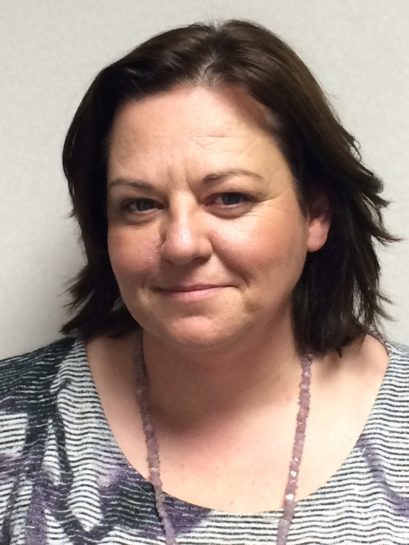
Award-winning business continuity consultant, Petra Morrison discusses how increased transparency and control is a necessary condition of continuity and longevity in a future that will change in ways that we can’t yet imagine.
This year, a potentially fatal threat landed right on the doorstep of our homes and where we do business. As business leaders and business continuity professionals our responses to COVID-19 may have been exceptional in some cases and should be commended, but they may also have highlighted some faulty assumptions or weaknesses. If, for example, we were behind the curve, slow to react, or didn’t protect or leverage our resources appropriately we might feel that in some ways we have failed to find our way as successfully through this crisis as we would have liked. We’ve compared, critiqued or got involved to prevent individual and collective harm. However, it seems that no matter what we do, it’s never going to be enough for some.
Prior to COVID-19, our news covered an increasingly wide range of different existential threats – hunger, poverty, war and violence to our people, to our planet, its climate and its other inhabitants – but showed similar expectations; that these things should never have happened, that it should have been fixed yesterday and our responses should have been to the highest standard, leading and world-class, despite our lack of resources, lack of will or current inability to satisfy such high expectations.
In general, it is natural and healthy to question whether our current approach to a state of affairs is acceptable, whether the state of affairs should even exist, and whether we could have done better or achieved better outcomes. The answers often heard are no, no, yes and yes – we could do better. But if we’re working with finite resources and conflicting priorities, how do we do it?
The good news: you’ve got superpowers – are you using them fully?
We already have knowledge and access to existing disciplines that (when implemented well) can improve our individual and organisational ability to govern our world for better outcomes:
- Managing risks that might affect our ability to achieve our objectives so that over time, a wider range (and scale) of planned and unplanned changes (including what we currently label incidents and crises) are routinely and successfully managed without exceptional effort – this is the risk management discipline.
- Managing change so that changes deliver the expected benefits and move us towards our strategic objectives. Good change control builds robustness and resilience by default and design, protects against disruption, safeguards existing risk treatments and controls new risks brought by changes – this is the change management discipline.
- Responding successfully so that we can quickly and accurately ‘jump to battle-stations’ should a risk materialise or responses go wrong. This is the ability to reconfigure ourselves and our environments at will in order to protect ourselves and take advantage of opportunity. This is discipline is in the realms of emergency response, command, control and communication, continuity, recovery, resumption and review, amongst others.
- Checking we’re doing what we say we’re doing – the audit discipline.
Yet these disciplines are often misunderstood, considered a chore, applied in a tick-box style that lacks real substance, disconnected and disjointed, and worse, forgotten at time of crisis. Like power tools left in the bottom of the tool bag because we don’t quite know how to use them properly. Like PPE left on the shelf because it feels unfamiliar and uncomfortable to wear.
Turning latent into actual superpowers
Use the power tools, wear the PPE. We can do better by making these disciplines work together. They can fast-track internal robustness, refine sensitivities to change and risks, and improve both understanding and control of the things we need to achieve our objectives. They can enhance agility, increase stakeholder confidence and can safely release significant human capital to focus on shaping the future. These are super powers that can prepare us to better handle and leverage the changes that are coming. These are superpowers that help create significant competitive advantage. These are super powers that can help secure the long term survival and prosperity of individuals, organisations and the whole of humanity. Perhaps COVID-19 is the crisis that will persuade us of this.
About Petra Morrison 
Petra has over 15 years BCM experience gained within retail, utility, telecoms, financial, local and central public sector organisations and was proud to receive the Business Continuity Institute (BCI) European Continuity and Resilience Consultant 2017 award in 2017.
Petra joined Daisy from a large UK business process outsourcer where she held a senior BCM role, responsible for the simultaneous delivery of multiple and varied client business continuity programmes. At Daisy, Petra delivers complex consultancy services against the strictest timelines and budgets that result in demonstrable benefits for her clients. She has a way of simplifying business continuity and crisis management, making it easy for clients to understand and implement.